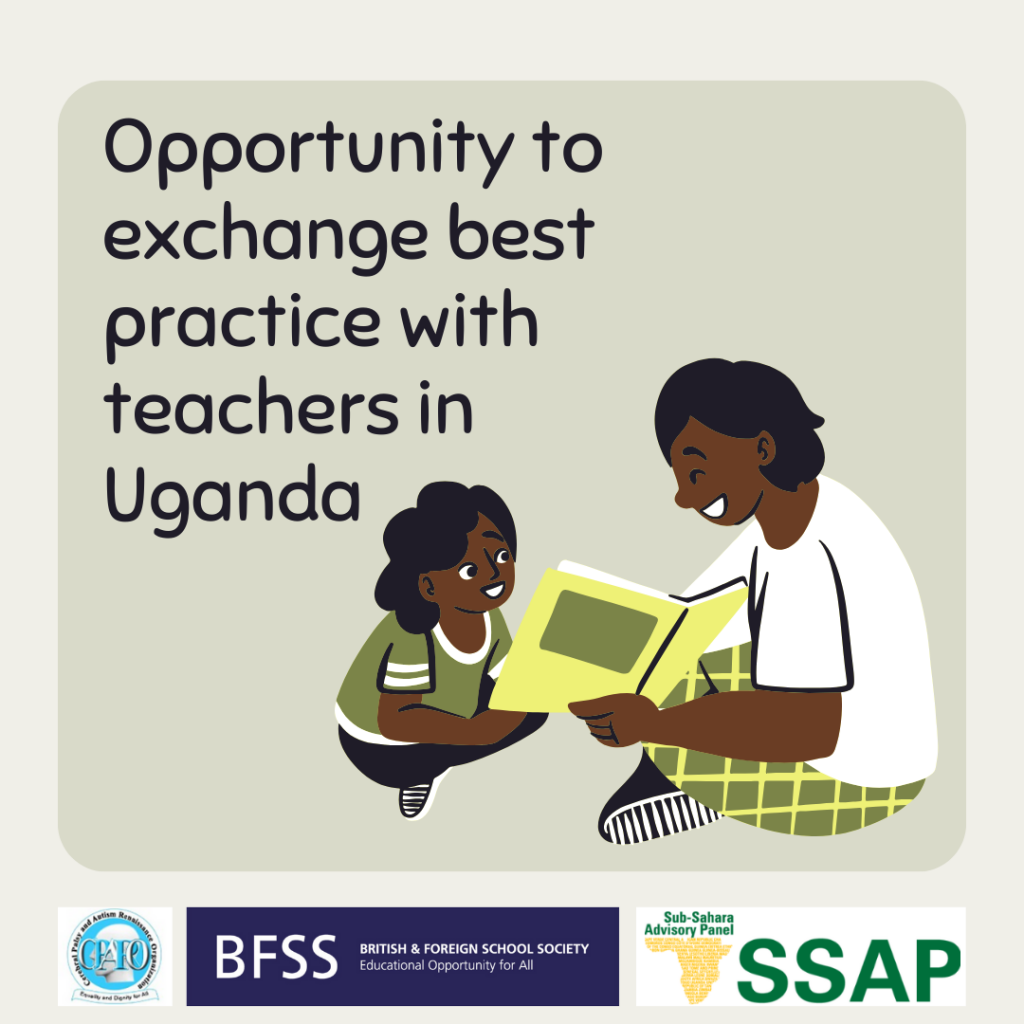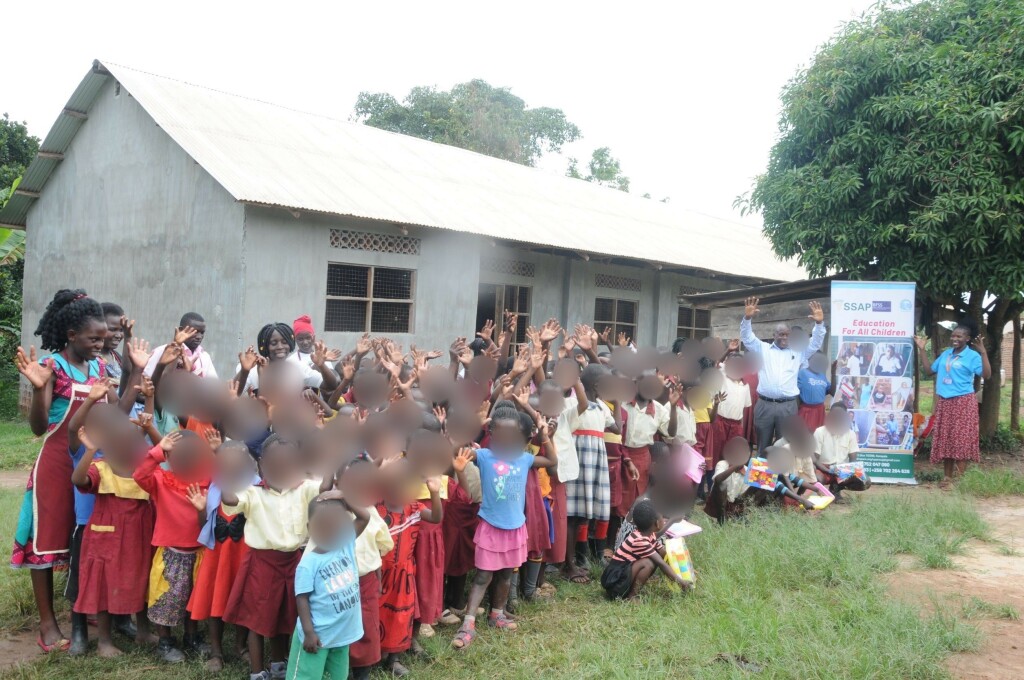- MENU
- Home
-
About Us
-
Resources
-
Our Work
-
- Africa Programme
- Hub Cymru Africa
- TuWezeshe Akina Dada
- One Stitch at a time project - Empowerment of women and girls
- Education For All Children
- Wales/UK Programe
- Madaraja/Pont/Bridges
- The Jamii Project - Covid-19 Support
- Jamii 2 Project : Health and Wellbeing for African communities in Wales
- The Good Ancestors Club: Art and Climate Justice in Action
- (SYLN) SSAP Youth Leadership Network
- KumbuKumbu
- How You Dey?
- The Wales and Africa Business Club
- Previous/ Older Projects
- Emerging Futures: Days Ahead
- Next Gen BAME Activist Leadership Training Programme
-
- Events
- Blog
- Contact
Influencing Policy for Better Change.
International Development & African Diaspora




